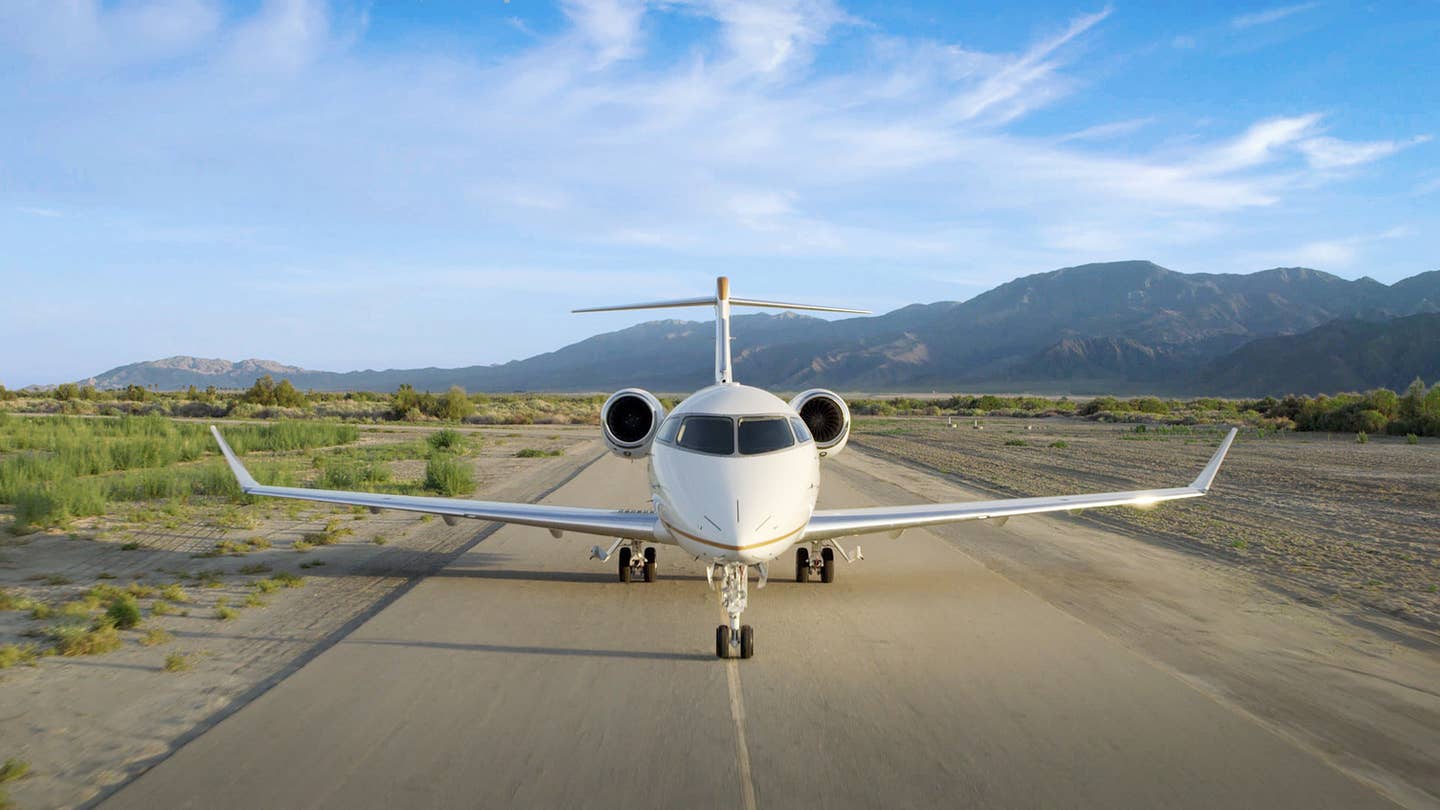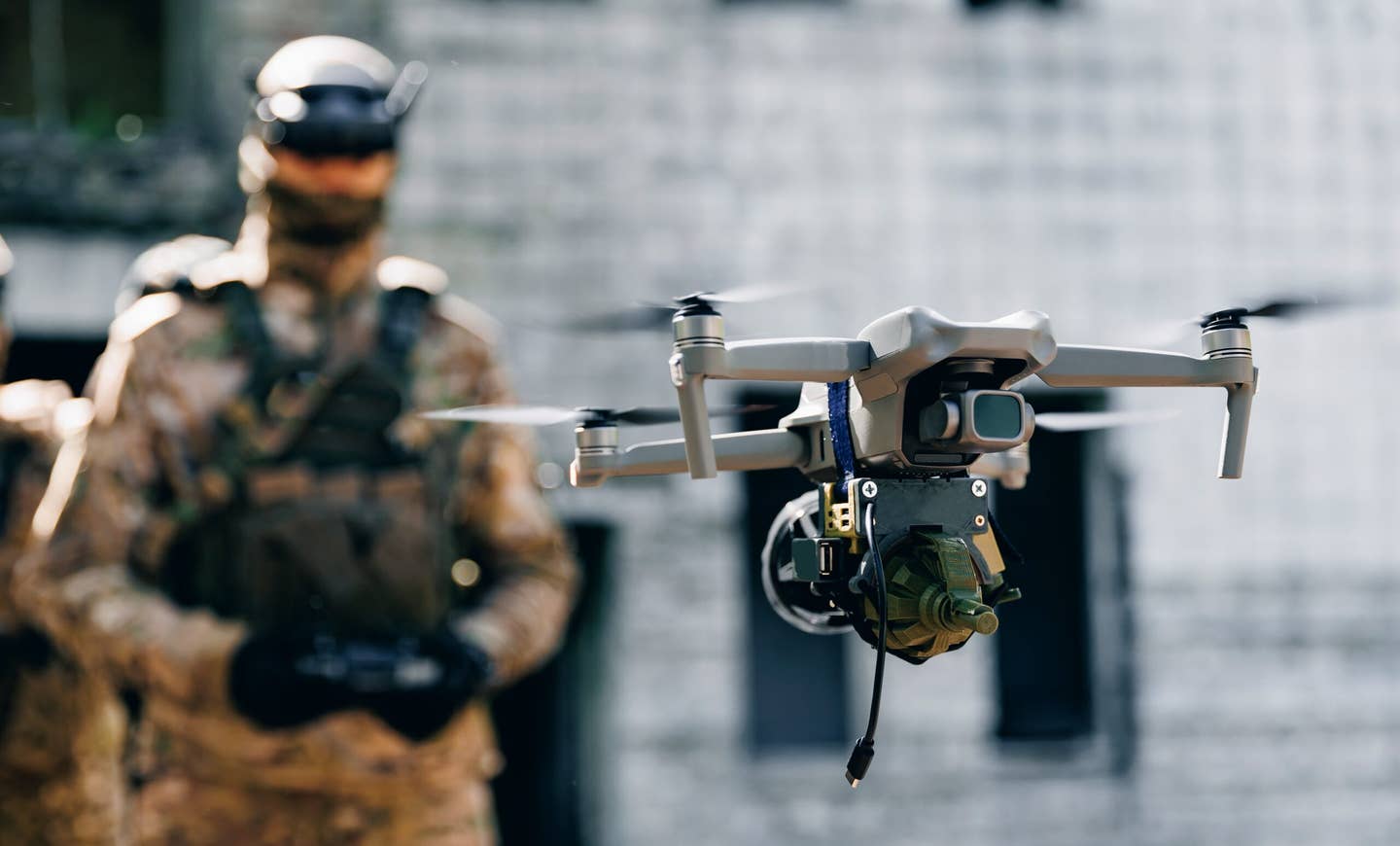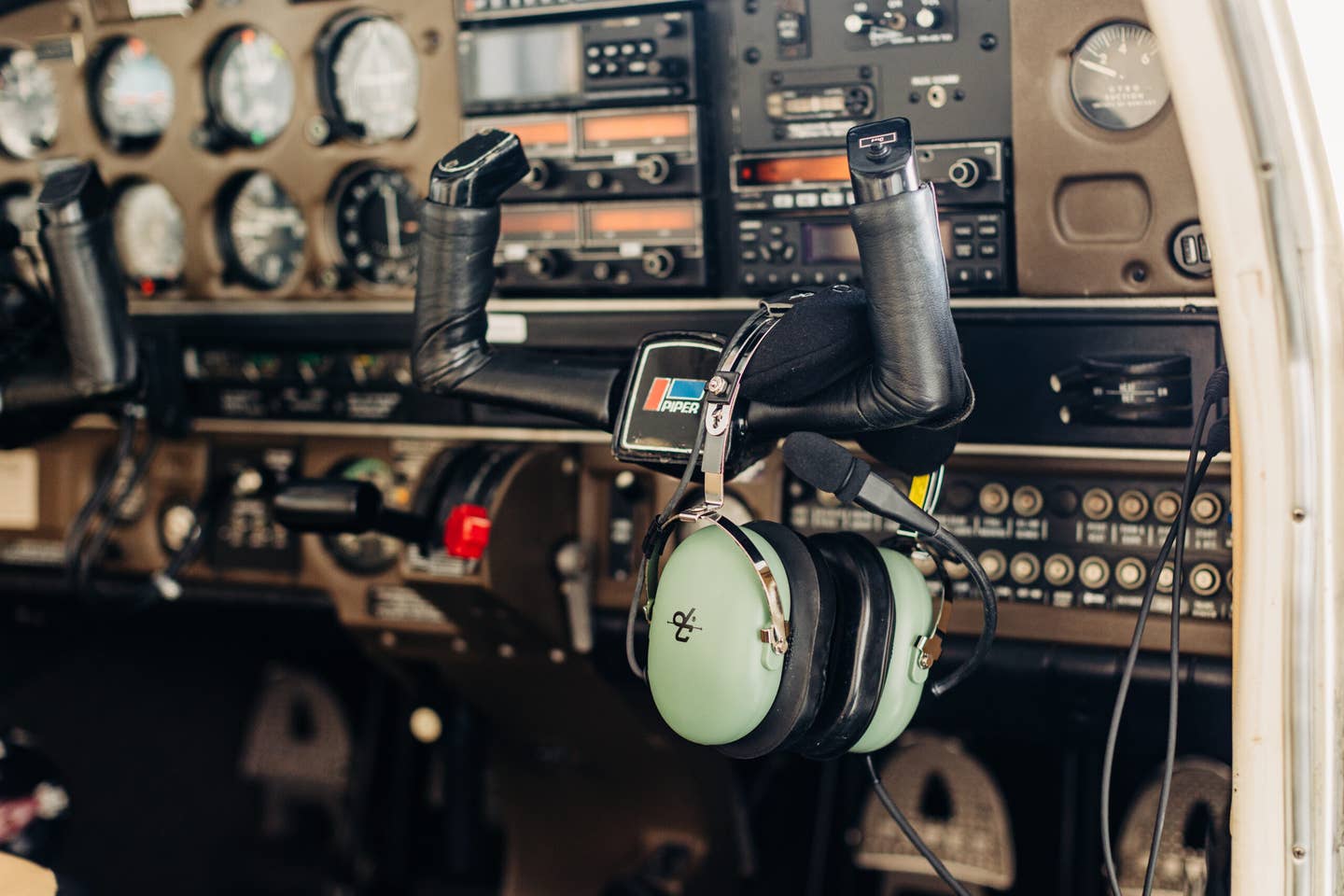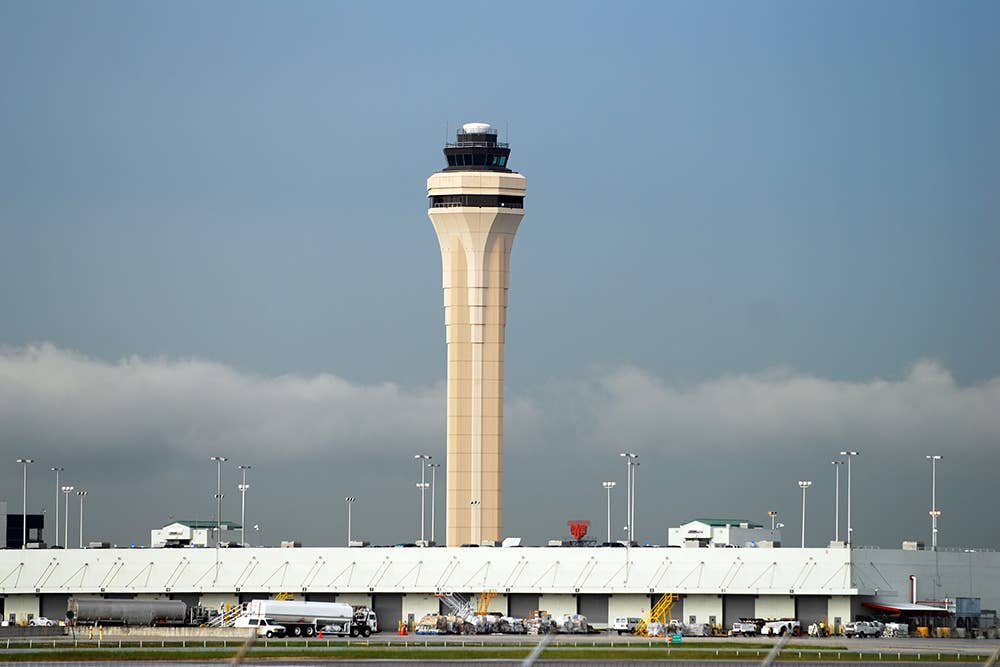Bombardier Annual Safety Standdown Underway in Wichita
This year, Bombardier said nearly 400 aviation professionals are expected to attend the three-day conference that runs from November 8 to 10, with thousands more registered via webcast. Some key points focus on safety management systems (SMS), compliance culture, and aviation stress management.

Bombardier said nearly 400 aviation professionals are expected to attend the three-day conference that runs November 8-10, with thousands more registered via webcast. [Courtesy: Bombardier]
Bombardier's 26th Annual Safety Standdown Conference is now underway in Wichita, Kansas, focusing on how the aviation industry is moving safety forward.
Each year at this annual event, the OEM invites various leading voices across different industry sectors to share their safety angle. This year, Bombardier said nearly 400 aviation professionals are expected to attend the three-day conference that runs November 8-10, with thousands more registered via webcast. Some key points focus on safety management systems (SMS), compliance culture, and aviation stress management.
"Bombardier's Safety Standdown is known for bringing industry experts and thought leaders together for three days to tackle the latest topics and challenges in aviation safety. These leaders provide practical skills training and inspire participants to create a climate where safety is the overriding driver behind every decision," said Chris Milligan, vice president, pre-owned aircraft services and flight operations for Bombardier.
'Safety Starts With People’
During the Wednesday morning general session, Sheryl Barden and Jennifer Pickerel—both of Aviation Personnel International, a business aviation recruiting firm—led the general session by outlining the aviation workforce's role in safety. Barden, who has served as president and CEO for API for more than 20 years, shared insights from her company's recruitment data on just how unsettled the aviation job market has been over the last decade, particularly since late 2016 and early 2017. She estimated that the business aviation industry's competition with the airlines for talent reached a tipping point, with the airlines winning. Owing to a series of extenuating factors, such as the 1,500-hour rule and airline retirements, airlines have steadily increased wages in order to recruit and retain pilots.
According to Barden, this has encouraged pilots, cabin crew, and schedulers—primarily in the business aviation industry—to shift to airline flying instead. As a result, the pool of pilots, cabin crew, and schedulers in the business aviation sectors has shrunk dramatically. Incidentally, Barden implied that this has left the business aviation sector vulnerable to not having access to the best talent at all times, resulting perhaps in a reduction of safety. The problem compounds, Barden said, because business and private aviation departments can't just raise salaries as quickly to compete.
Pay discrepancy between airline and business aviation flight departments is a significant factor in safety management, Barden said, citing data collected from Chris Broyhill, who specializes in measuring flight department compensation via his AirComp Calculator company.
In light of that fact, she urged managers present to pay keener attention. Aside from compensation, when one attendee asked how departments should handle an increase in polarization among their workforce, Pickerel, API's vice president, said companies needed to prioritize creating forums with ground rules, wherein workers could discuss their varying viewpoints.
Safety and Cybersecurity
In a separate session on cybersecurity, Jeffrey Troy, president and CEO of Aviation ISAC, spoke about bridging aviation cyber and security.
Maryland-based Aviation ISAC is an international, non-profit membership association with 100 member companies focused on cyber threat intelligence in the aviation sector and information sharing to develop best practices and services. It has partnered with international groups on ransomware threats and has published numerous aviation cybersecurity white papers.
Troy urged attendees to be more vigilant about adopting technology in their department to ensure they didn't compromise safety.
When one attendee asked about the possibility of a scenario in which hackers could hack an onboard aircraft system, Troy said he didn't foresee such a scenario because companies are more actively thinking about cyber threats. Still, he added one caveat: "We don't know what we don't know."
The Standdown continues on November 10 with more focus areas, such as the use of data to enhance safety, the clean aircraft concept, and the future of training.

Sign-up for newsletters & special offers!
Get the latest FLYING stories & special offers delivered directly to your inbox






